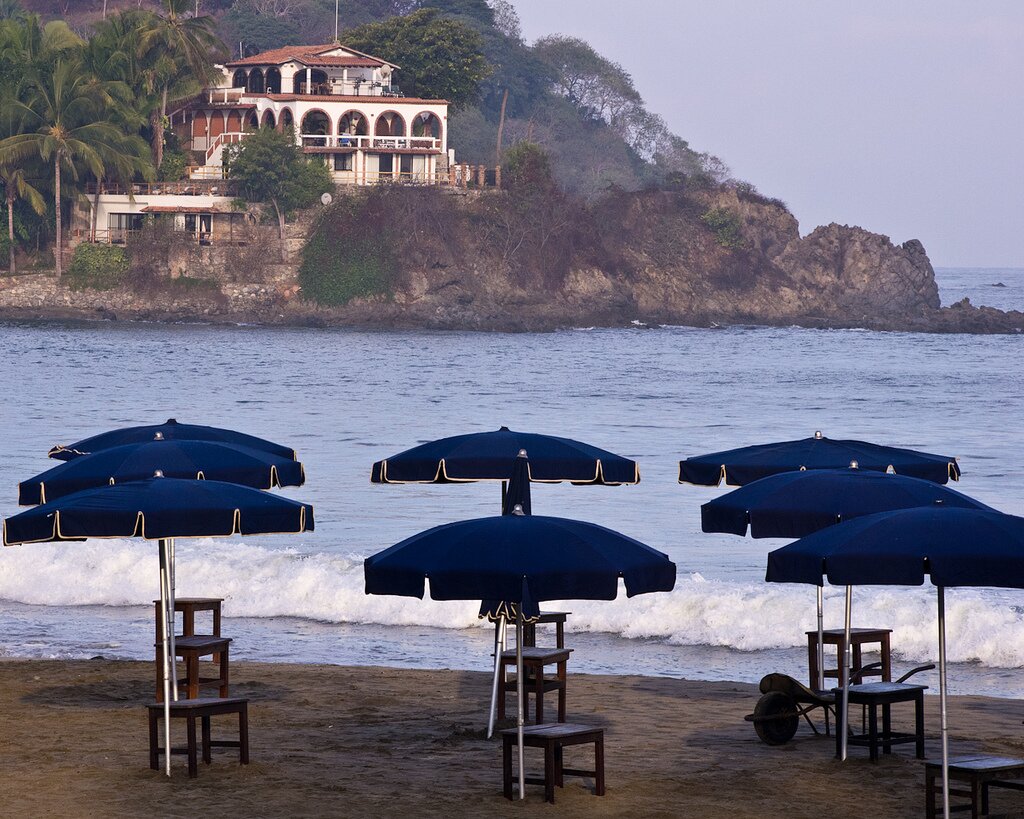So far, there is one comment on the Seattle Times review of Amarillo, and it is this, from an Issaquah resident:
There’s nothing sympathetic about illegals and their “journey”. There is nothing sympathetic about people breaking our laws to come here. There is nothing sympathetic about eight million illegals stealing jobs that belong to citizens. Anyone who thinks lawbreakers are “sympathetic” and should be given the largesse of our middle class have no idea how a civilized country operates.
It’s yet to be decided whether Issaquah is derived from the word for “snake,” “little stream,” or “sound of birds” in the local Native American dialect. In the 1860s, homesteading settlers made themselves neighbors of the Sammamish and Snoqualmie tribes in the area, and Englished their pronunciation. Treaties were signed to relocate the tribes, causing clashes with those who hadn’t signed and didn’t want to move; a subsequent smallpox epidemic wiped out any hope of resistance.
HistoryLink tells us of a further, tragic irony:
By the 1880s, unrest with Native Americans had dwindled, and many Indians worked next to whites out in the fields. In 1885, the Wold brothers brought in 37 Chinese men to pick hops at a cheaper price. White and Indian hop pickers demanded that they leave. When the Chinese didn’t, the other workers snuck into their camp and murdered three of them.
Teatro Línea de Sombra‘s Amarillo (at On The Boards through November 11; tickets) comes in at under 75 minutes, but it’s a consuming hour that navigates the human urge for migration. It is rooted, desperately rooted, in land south of the U.S. border, but it makes an appeal to the American heart, ideologies rendered narrow and cramped by the vast spaces. North Americans memorialize and celebrate the migratory urge, after all; the U.S.’s history is a series of land rushes from East to West, from South (Washington) to North (Alaska), elbowing earlier residents aside.
Remember Ezra Meeker? In 1930, President Hoover established the Oregon Trail Memorial Association, to keep in mind the cost in human suffering and lives paid by 1830s pioneers. “The Oregon Trail is this nation’s longest graveyard. Over a 25 year span, up to 65,000 deaths occurred along the western overland emigrant trails,” we’re told by the Oregon-California Trails Association.
In Amarillo‘s staging, by Jorge A. Vargas, there is the human gesture and there is omnipresent sand–it pours from jugs, sacks, and bags; it falls from the sky. On one side of the stage, clothes are packed for a journey; on the other, clothes, now personal effects, are packed after their owners die in the desert. Gallon jugs of water seem to glow in the dark (lighting: Kay Pérez and Jesús Hernandez), a hundred oases–all contain just a little bit of water.
The back wall becomes a fence, impossible to scale. (Or not: the program notes quote former Arizona governor Janet Napolitano: “Show me a 50-foot fence, and I’ll show you a 51-foot ladder.”) Freight trains rush along it, boarded by projected figures (multimedia by Pérez) and by performers. Perspective is shifted, so that someone clinging to the wall seems to touch hands with someone on the floor. An astonishing amount of stagecraft is brought to bear on breaking down seemingly immutable borders like this–it’s rare that spectacle is put so fully into the service of a creative, purposeful space. It’s rare that a reading of Harold Pinter’s poem “Death” fits so well.
Jesús Cuevas witnesses, walks through the space, throat-singing. Raul Mendoz talks to you of his desire to find a better place, before splatting like a bug on the wall. He tries again. He calls home from the desert–one of those calls that radiate uselessly, because you have to be in the desert to understand. Alicia Laguna, Maria Luna Torres, Vianey Salinas Garcia, and Antigona Gonzalez voice fragments of migrant interviews (texts are by/from Gabriel Contreras): corruption, coyotes, dehydration. There are the parties and dances. There are the “disappeared.” There are the “left behind.” (Reality trumps sentiment: abandoned women, young mothers, form a cooperative to support themselves.)
More sand falls as a constellation of bags, rising higher, lighter, empty themselves.
Yes, yes, people want to protect jobs, they want to protect borders, they want to protect culture. Of course. Amarillo, with its 24 days in the desert, gulping stones, asks you if you’re willing to forego your humanity for all that. When you refer to human beings as “illegals,” that’s what you do. “I am just a cog in my state’s apparatus,” you announce. What inalienable rights?
The refusal to admit that people do not stay put is not a solution to migration issues.
Perhaps ten percent of the pioneers who set out on the Oregon Trail died in the process. What fence is taller than dying en route? What legal remedy is more punitive than the need for water?
